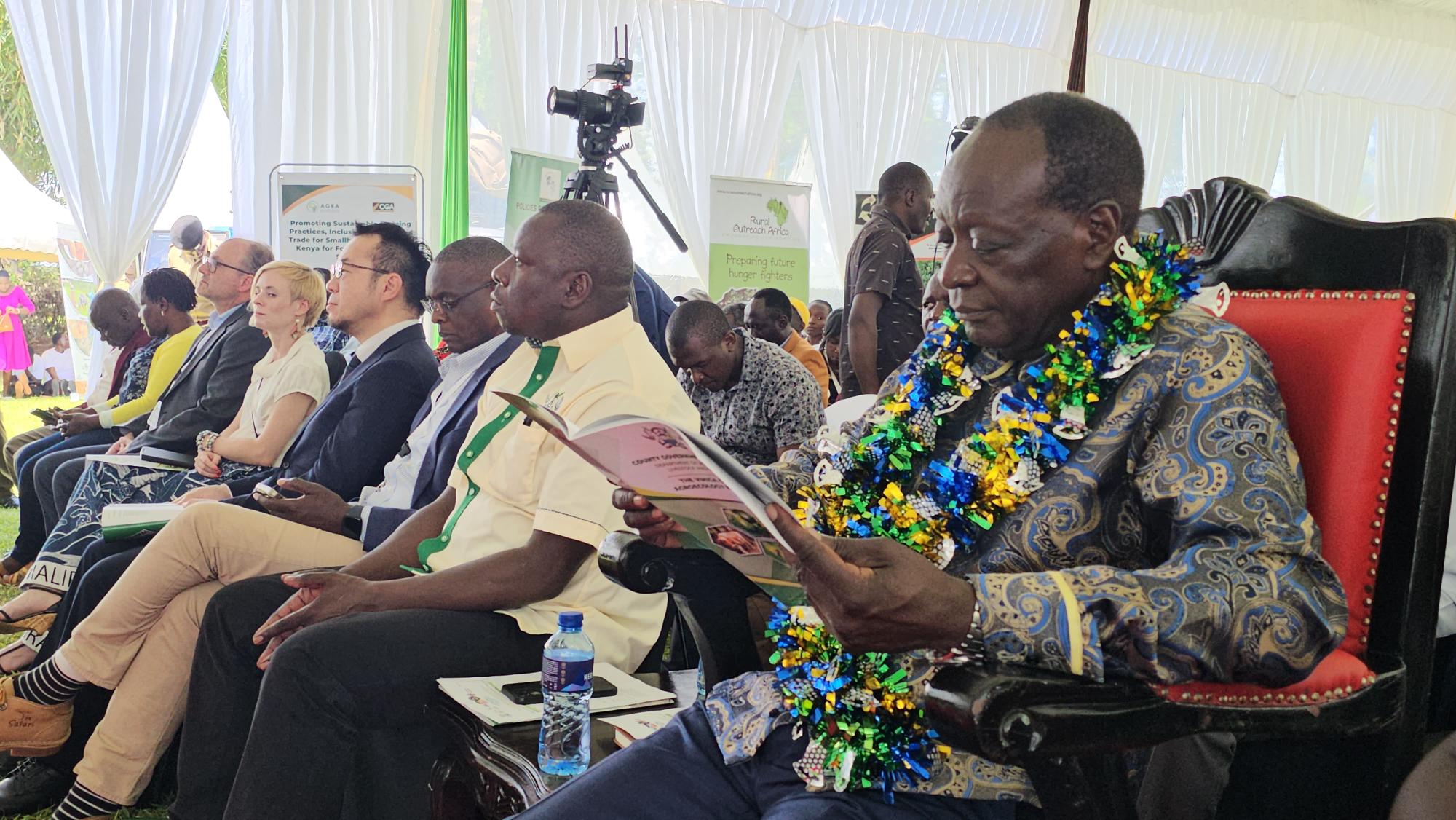
Vihiga County has launched an Agroecology Policy, becoming the second county after Murang’a.
The policy comes as the county seeks ways to build resilience to climate change and other challenges currently facing the food system.
Over the years, food production has been decreasing, especially in Sub-Saharan Africa, while diseases and pests have been on the rise.
The use of synthetic farm inputs has been a key contributor to environmental pollution, with some of these chemicals being associated with causing non-communicable diseases such as cancer.
“It is time to embrace agroecological practices such as the use of organic manures and biopesticides if we have to contribute to food safety, food security and biodiversity conservation,” Vihiga governor Wilber Ottichilo said.
He expressed optimism that the county would achieve healthier soils, greater biodiversity and increased food production, which would in turn lead to a healthier and wealthier population.
He cited human activity as a major contributor to food system alterations, adding that the consequences have been detrimental, and that agroecology offers the right path toward restoring these systems.
Ottichilo urged farmers in the county to not only return to indigenous methods like the use of organic manure, but also embrace traditional food practices, such as consuming insects, which are highly nutritious, affordable and have gradually been replaced by conventional foods.
“I look forward to when we will have as many earthworms in the soil as we used to in the olden days. This way, we will know that our soils are alive and healthy,” he said.
The policy was developed by the county government and partners including the Alliance of Bioversity International and CIAT, with funding from the Biovision Foundation.
Other partners included Participatory Ecological Land Use Management (PELUM) Kenya and Seed Savers Network.
The partners pointed out the need for the policy to be implemented, especially at the grassroots level, saying it would make Vihiga a model county in sustainable food systems.
“Implementing this policy will be a collective responsibility, just as the development and launching of it has been. Let's all put our hands together to ensure we not only create awareness of the policy, but also drive its implementation across all levels because transformation of food systems is a collective responsibility,” said Dr Celine Termote, Africa Lead, Food Environment and Consumer Behaviour at the Alliance of Bioversity International and CIAT.










![[PHOTOS] Pomp as Gideon Moi's son weds](/_next/image?url=https%3A%2F%2Fcdn.radioafrica.digital%2Fimage%2F2025%2F05%2Fdbe7fbd8-7e32-4dda-8e99-abd98681e8b3.jpeg&w=3840&q=100)

